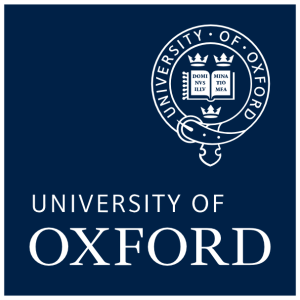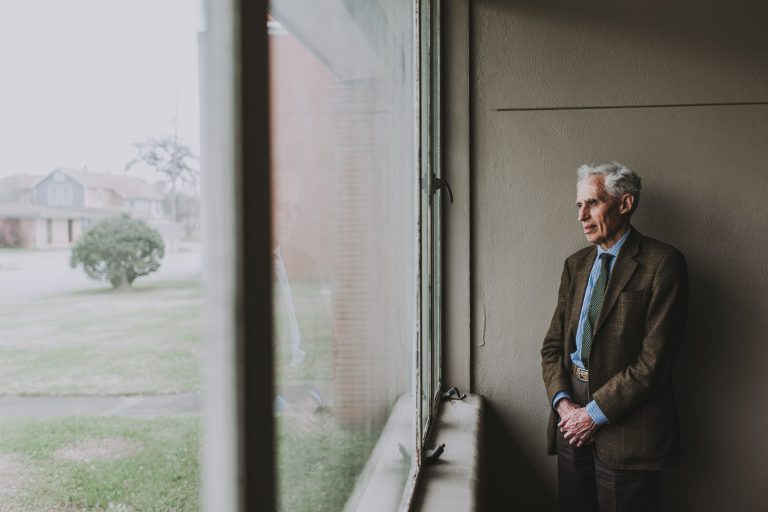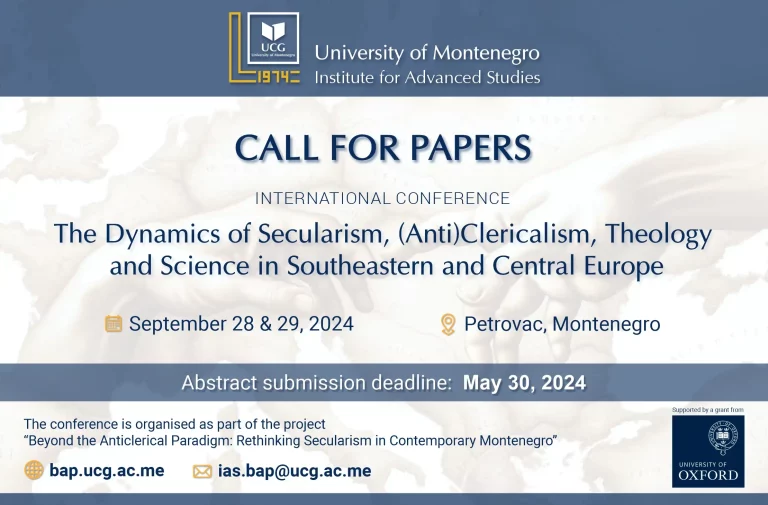Richard Swinburne at the University of Montenegro
The esteemed English philosopher and Emeritus Professor of Philosophy at the University of Oxford, is set to hold a lecture and follow-up seminar at the Institute for Advanced Studies (IAS) at the University of Montenegro in May of this year.
Read moreHugh McLeod, Marco Ventura and Saul Newman Confirmed as Keynote Speakers at Our Project’s Conference
The Institute for Advanced Studies of the University of Montenegro is thrilled to announce the distinguished keynote speakers for the upcoming international conference titled “The Dynamics of Secularism, (Anti)Clericalism, Theology, and Science in Southeastern and Central Europe.”
Read moreNews
P R O J E C T
The project “Beyond the Anticlerical Paradigm: Rethinking Secularism in Contemporary Montenegro” aims to critically reflect on how the country’s history, marked by both early modern “theocratic” rule and 20th-century communism, influences current thought on religion, politics, and science in Montenegro today. Specifically, we seek to examine contemporary perspectives on secularism and secularity in Montenegrin academia, focusing on views regarding the relationship between religion and the state, the compatibility of theological and scientific insights, and the legitimacy of theologically inspired argumentation in political discourse.







